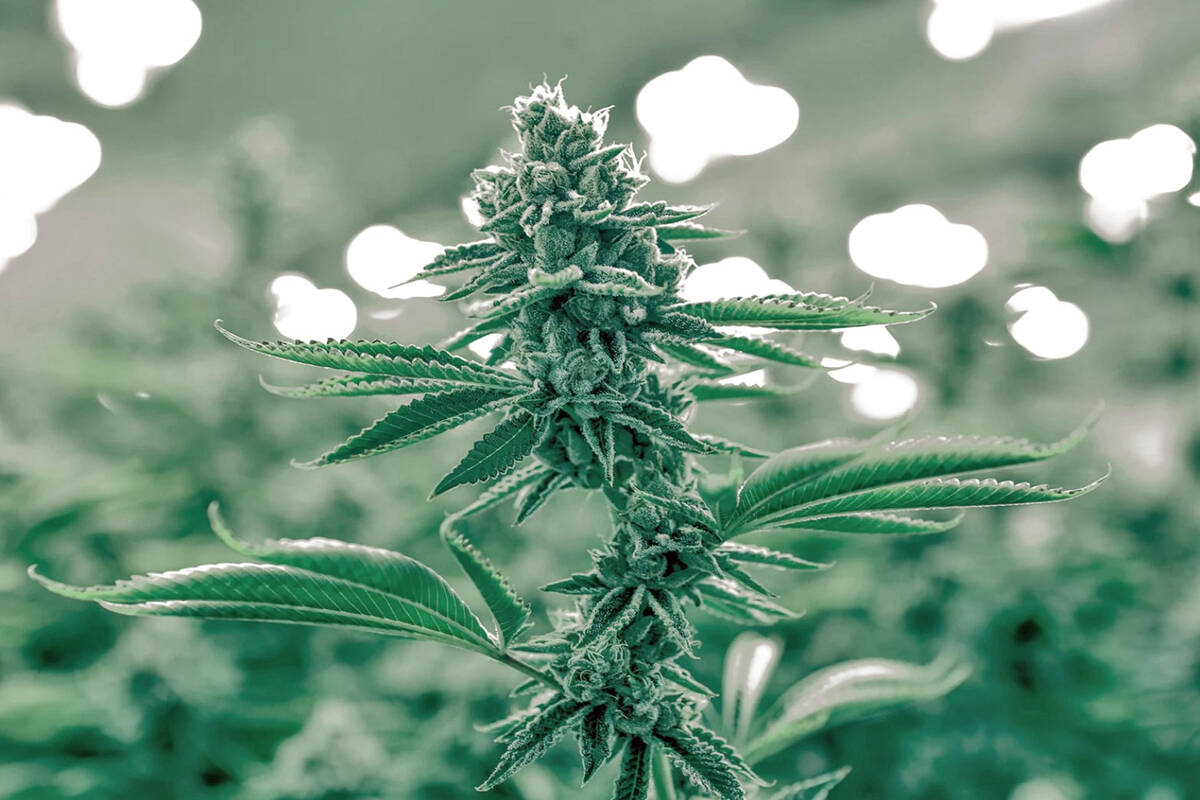Cannabis businesses in the Cowichan Valley are struggling to make ends meet, according to a survey of the operations commissioned in 2021 by Economic Development Cowichan.
The recently released Cannabis in the Cowichan Valley report, based on the survey’s findings, says that at the time of the survey, only one cannabis producer and one lab in the Valley were making a profit, less than half of respondents were breaking even, and the majority were recording a loss.
“Cannabis businesses tend to have high start-up costs and operating expenses, which is especially challenging because most traditional lenders will not do business with the industry,” the report says.
“Despite the challenges, most cannabis operators in Cowichan are planning to expand by opening more stores, expanding production, or selling on-site through the province’s new farm-gate program. Comments from respondents showed a desire to create a world-class cannabis tourism destination in Cowichan, similar to what has been done for wine. Cannabis operators also hope to be able to deliver products to clients through third-party services.”
READ MORE: Kootenay Rockies Tourism, Selkirk College explore cannabis tourism opportunities
The survey was held to gather data and establish a reference point for understanding the post-legalization state of the cannabis industry in the region.
“World-class cannabis has been grown in the Cowichan Valley for decades, contributing significantly to the economic well-being of this region,” said Sarah Campbell, a director with the Craft Cannabis Association of BC which prepared the report on the survey’s findings for EDC.
“The transition to a legal market hasn’t been easy for many of our local businesses, and this work helps us better understand how we can help.”
As of the end of November 2021, an estimated 27 licensed cannabis businesses were based in Cowichan, which is typical for a region of this size, but the region is lacking in processing facilities, the report said.
READ MORE: Could Canada become the Napa Valley of cannabis tourism?
“As the retail landscape evolves, it will be important to monitor the number of cannabis retailers to ensure over-saturation does not occur,” the report says.
“These businesses operate from commercial and industrial zones, as well as on ALR land. Zoning regulations for cannabis producers remain relatively restrictive. Several respondents commented that processing times for local government applications are lengthy.”
Cowichan’s cannabis businesses are typically small with a mix of full-time, part-time, temporary and seasonal employees.
“Retailers are generally paying their staff just under the regional living wage, while most producers pay well over the living wage,” the report says.
“Women, Indigenous and persons with a disability are very well represented amongst the cannabis workforce and leadership in Cowichan.”
Barry O’Riordan, manager of EDC, said the legal cannabis industry has the potential to bring about positive outcomes for Cowichan, including the creation of new businesses and jobs that promote economic development, as well as the transition of legacy operators to the legal market.
“The opportunities and innovations related to the legal cannabis industry within a framework of responsible practices could further benefit Cowichan tourism, given its renown for agritourism,” he said.
To get the week’s latest must-read stories from the cannabis world direct to your inbox, sign up for our weekly newsletter at canadianevergreen.com. You can also follow us on Facebook, Instagram and Twitter.

